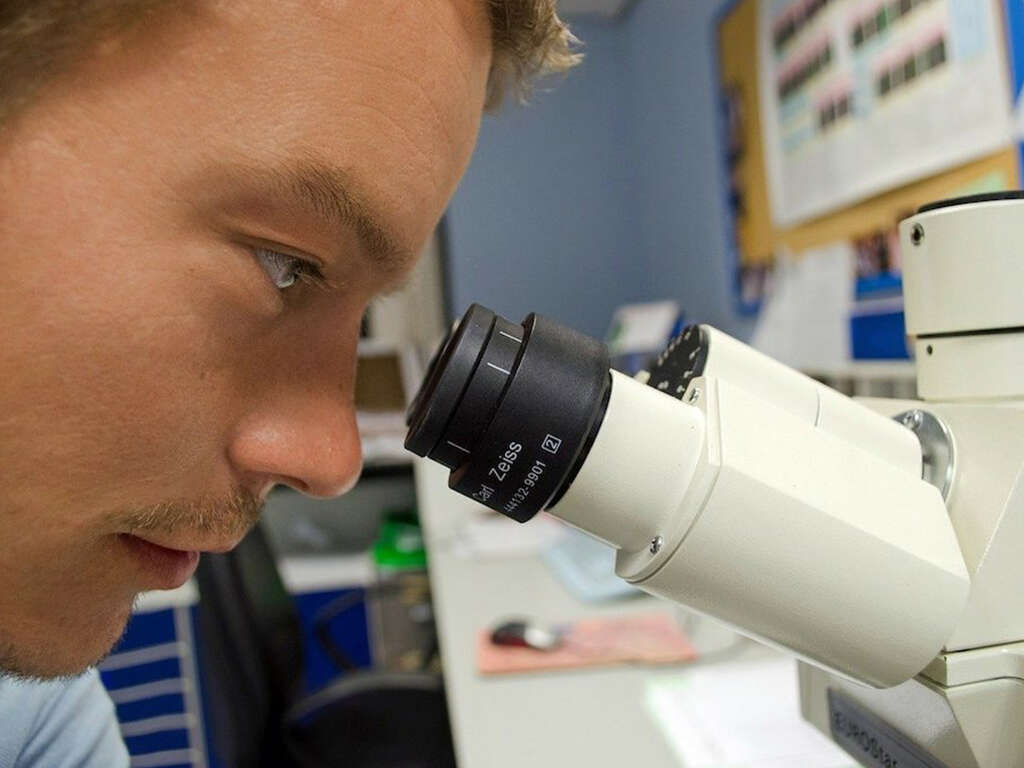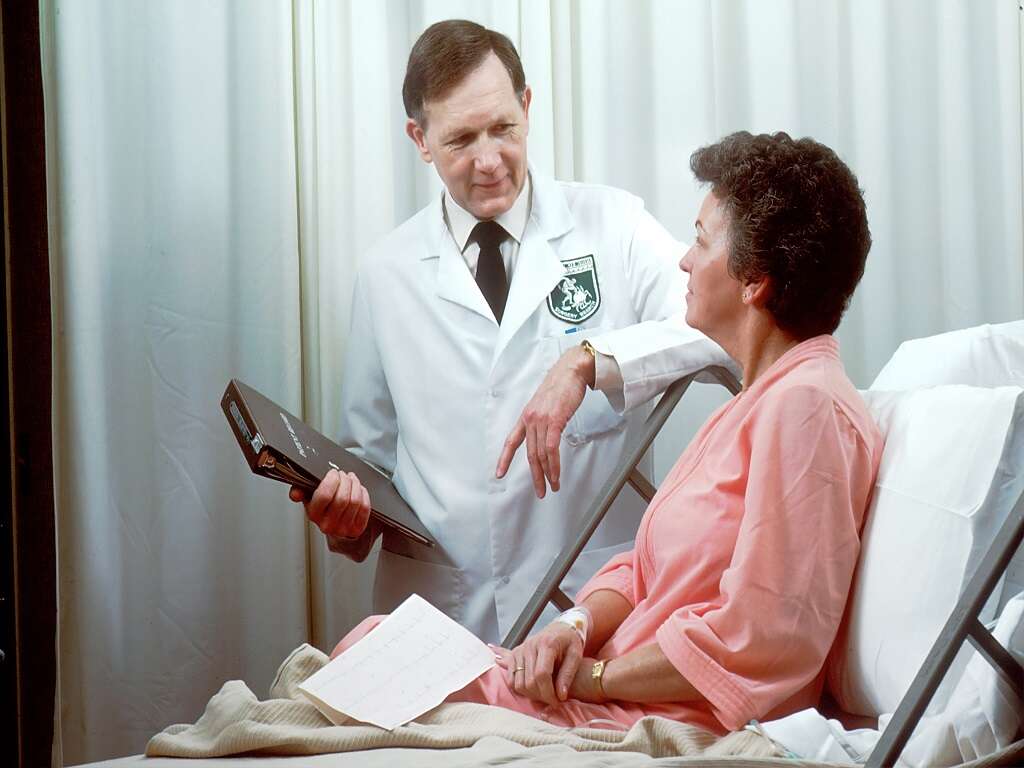10 FAQs About the Hypodermis
 Article Sources
Article Sources
- 1. Yousef, Hani. 'Anatomy, Skin (Integument), Epidermis.' U.S. National Library of Medicine, 27 July 2020, www.ncbi.nlm.nih.gov/books/NBK470464
- 2. Saldana, José Ignacio. 'Macrophages.' British Society for Immunology, www.immunology.org/public-information/bitesized-immunology/cells/macrophages
- 3. Biga, Lindsay M., et al. '5.3 Functions of the Integumentary System.' Anatomy Physiology, OpenStax/Oregon State University, open.oregonstate.education/aandp/chapter/5-3-functions-of-the-integumentary-system
- 4. 'Administering Drugs via a Subcutaneous Injection.' Nursing Times, 7 Apr. 2021, www.nursingtimes.net/clinical-archive/assessment-skills/injection-technique-2-administering-drugs-via-the-subcutaneous-route-28-08-2018
Hosts an Integral Part of the Immune System
The hypodermis contains white blood cells, known as macrophages. These cells are an integral part of the body's immune system and function as defense mechanisms against intruders. Macrophages are amoeba-like organisms that use the process of phagocytosis to clean the body of undesirable microscopic organisms.
Phagocytosis, which means to eat, is accomplished when a macrophage engulfs an unwanted particle and secretes digestive enzymes that destroy it.2Saldana, José Ignacio. ‘Macrophages.’ British Society for Immunology, www.immunology.org/public-information/bitesized-immunology/cells/macrophages A macrophage can locate and eliminate particles, such as viruses, bacteria, parasites and fungi.
Advertisement











